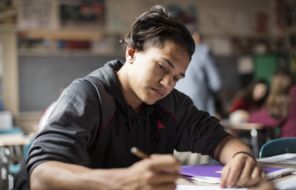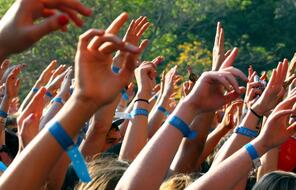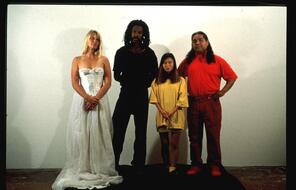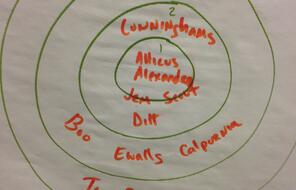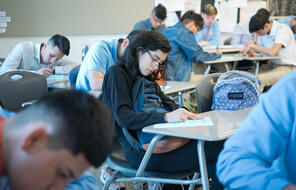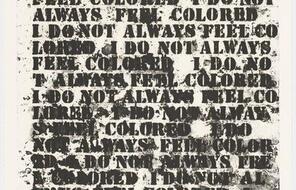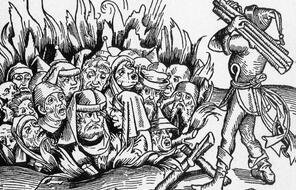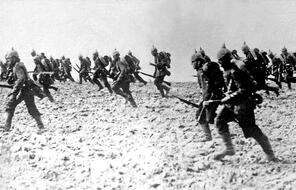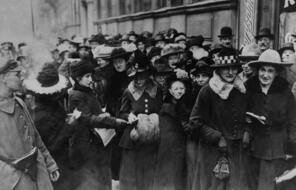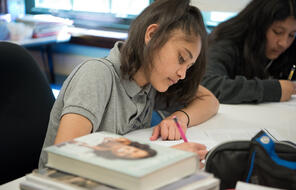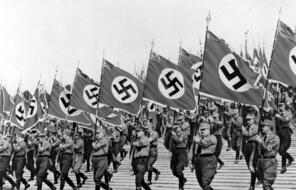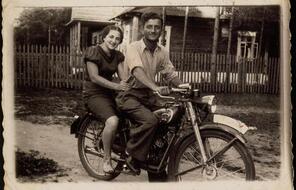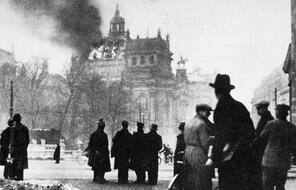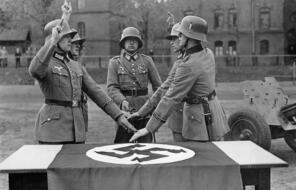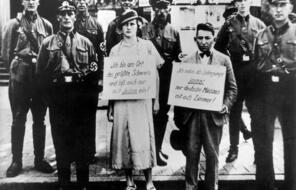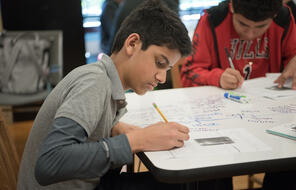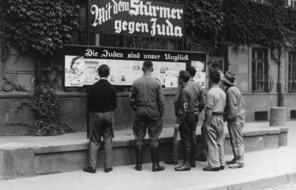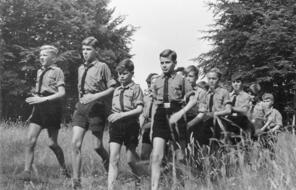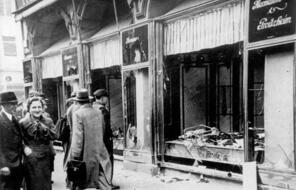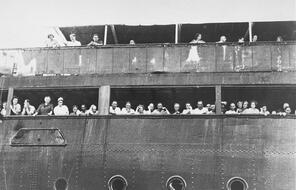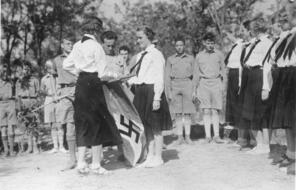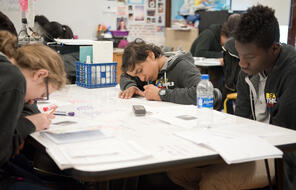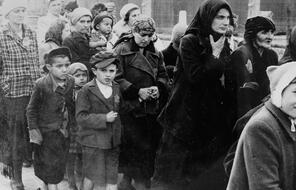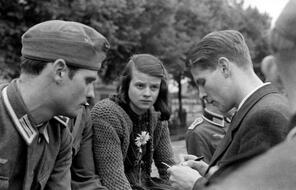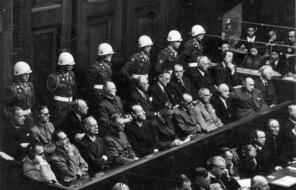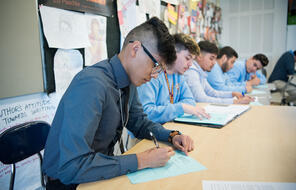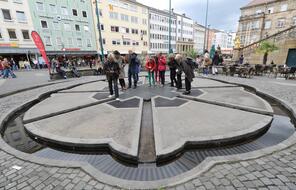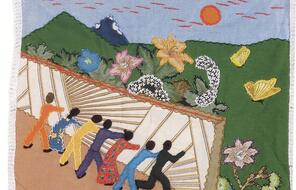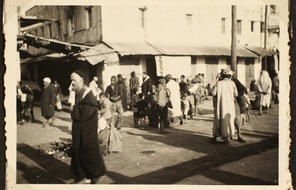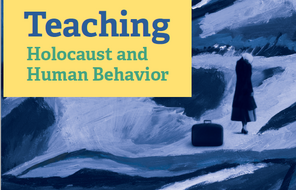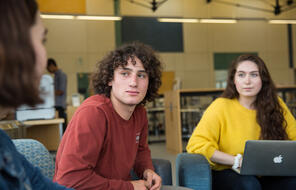
Teaching Holocaust and Human Behavior
At a Glance
Language
English — USSubject
- History
- Social Studies
Grade
6–12Duration
Multiple weeks- The Holocaust
Overview
About This Unit
This unit consists of 23 lessons and an assessment designed to lead middle or high school students through an examination of the catastrophic period in the twentieth century when Nazi Germany murdered six million Jews and millions of other civilians, in the midst of the most destructive war in human history.
Preparing to Teach
A Note to Teachers
Before you teach this lesson, please review the following guidance to tailor this lesson to your students’ contexts and needs.
Lesson Plans
Additional Resources
Unlimited Access to Learning. More Added Every Month.
Facing History & Ourselves is designed for educators who want to help students explore identity, think critically, grow emotionally, act ethically, and participate in civic life. It’s hard work, so we’ve developed some go-to professional learning opportunities to help you along the way.
Exploring ELA Text Selection with Julia Torres
On-Demand
Working for Justice, Equity and Civic Agency in Our Schools: A Conversation with Clint Smith
On-Demand
Centering Student Voices to Build Community and Agency
On-Demand


